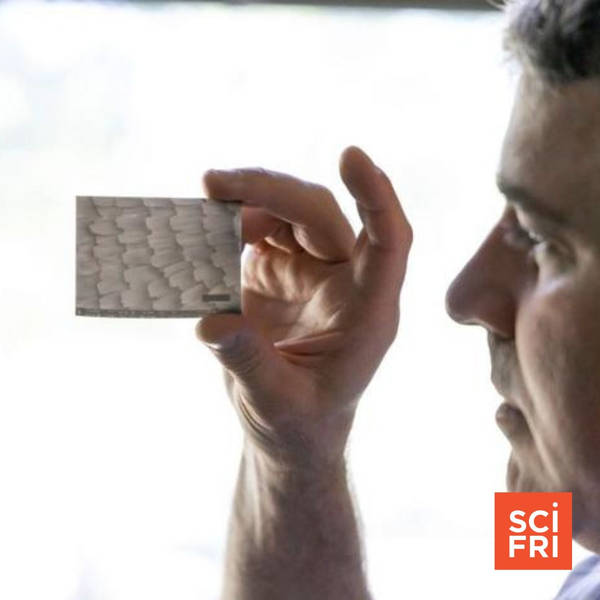
Making Chemistry More Accessible To Blind And Low-Vision People
The field of chemistry is filled with visual experiences, from molecular diagrams to color-changing reactions to data displayed as peaks and waves on a spectrograph. Those experiences and representations are not very accessible to blind and low-vision people. In a recent article in the journal Science Advances, a group of researchers describes using 3D printing to create translucent raised images known as lithophanes that can represent high-resolution chemical data in a tactile and visual form simultaneously.
Biochemist Dr. Bryan Shaw joins Ira Flatow to discuss the approach, and other techniques and tools his lab group at Baylor University is developing to make the lab more accessible to blind and low-vision researchers—from specialized devices that assist in the loading of gels for protein electrophoresis, to tiny molecular models that are best experienced by putting them on the tongue.
Transcripts for each segment will be available the week after the show airs on sciencefriday.com
Subscribe to this podcast. Plus, to stay updated on all things science, sign up for Science Friday's newsletters.
